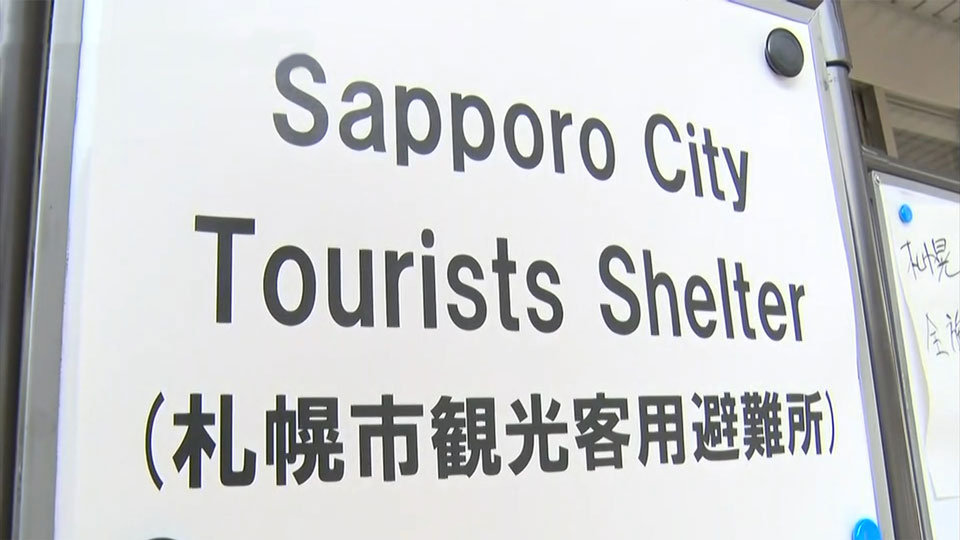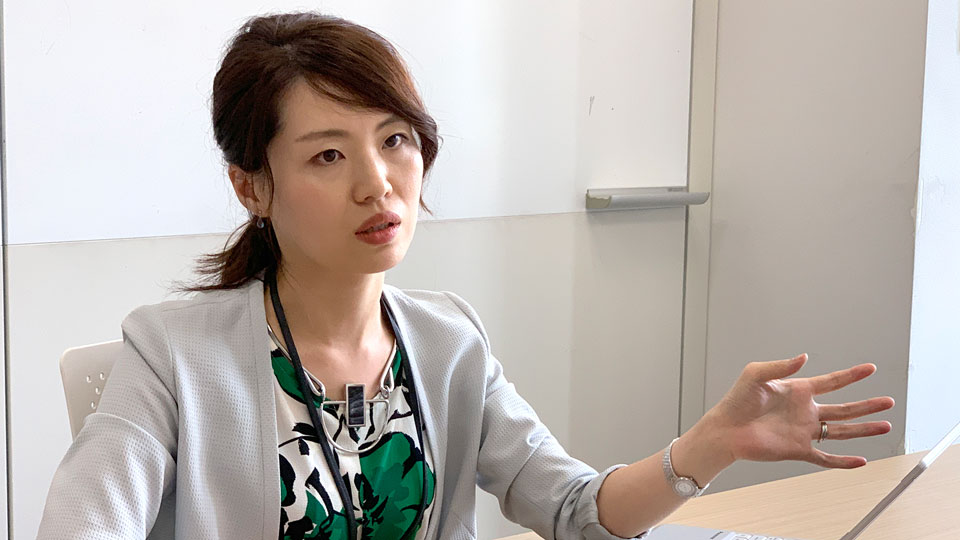The Hokkaido earthquake shut down many facilities, including the tourist information center in Sapporo that might have been the first port of call for many visitors seeking information.
Authorities set up some shelters catering to visitors, and a telephone consultation service in English, Chinese and Korean. But many foreign visitors said they found information hard to come by.

Izumi Tobo is a consultant with the Mitsubishi Research Institute and an expert on safety during natural disasters.
Tobo says there is a difference between what Japanese people and foreign tourists want to know in the event of a disaster.
"Japanese people tend to focus on the damage. But foreigners want specifics about which services are running so they can decide whether to continue their trip or go back. I heard that some foreign tourists were waiting for the trains to resume, even after the trains were already moving. "
Tobo says the key is to have one place gathering all the information and then disseminating it to the relevant people. "When tourists asked their hotel staff about transportation services, the staff weren't able to help," she says.

Officials in Hokkaido have come to the same conclusion. They're tasking the Hokkaido District Transport Bureau with gathering information during a disaster. Bureau staff will aggregate information about transportation, evacuations and lifelines, translate it into multiple languages, and send it to local governments, transportation companies, hotels and anyone else who needs it.
Tobo also says the information needs to be tailored for overseas visitors.
" If Japanese people hear the intensity, they can predict whether the earthquake is big enough for bring buildings down, and whether they should evacuate. But not all foreigners have experienced an earthquake," she says. "We need to find ways to fill in any knowledge gaps in terms of natural disasters."
With the 2020 Tokyo Olympics and Paralympics less than a year away, the number of foreign tourists is increasing across Japan. And authorities are working hard behind the scenes to ensure that if disaster strikes again, visitors will have an easier time understanding what to do.


